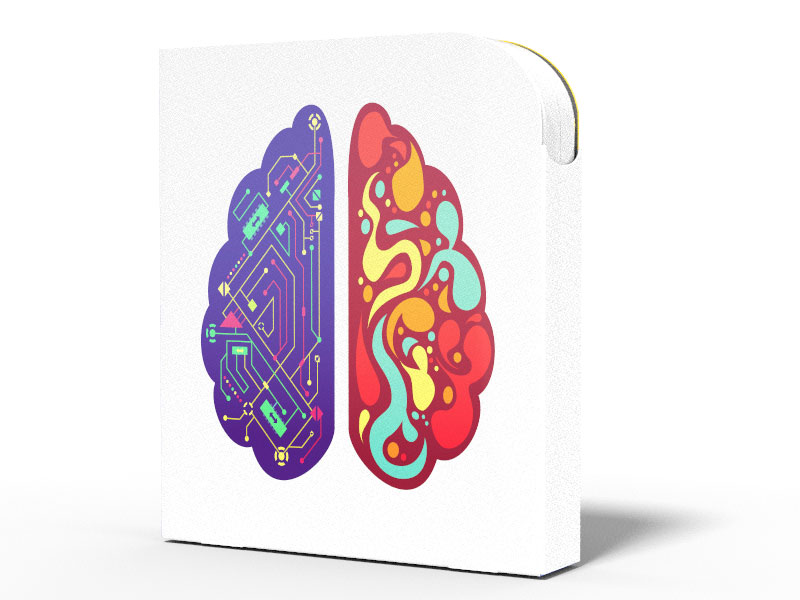

There’s also the problem of verifying someone’s memory in terms of accuracy. We’d need to run similar scans on other people with similar memory capabilities, but these are few and far between. It could, however unlikely it seems given the context, be a coincidence. It’s easy to see how this could lead to a much-improved memory system.īut that’s just one person in one study. The amygdala is known to have a prominent role in the processing of the emotional element of memories, and emotional memories are easier to recall. For instance, one scanning study on such a person revealed signs of an abnormally large amygdala which was better connected to the hippocampus. Not that there hasn’t been some interesting findings based on the few super-memories we have. It’s hard to study an ability if you can’t get access to anyone who has it. Part of this is due to the miniscule number of people who end up demonstrating such natural memory prowess. However, the idea that someone has a “flawless” memory, is able to remember everything from any aspect of their lives in great and accurate detail, is far from confirmed by available scientific evidence. Such people, while vanishingly rare, do seem to exist, and present an opportunity to considerably expand our understanding of how our brains process memories.

When something happened, who was there, what they were wearing, and so on.

Hyperthymesia or Highly Superior Autobiographical memory describes people with a formidable ability to accurately recall past experiences and the associated details. Good thing too, or what would we put on Instagram? Photograph: Alamy Stock Photo Photographic memory likely doesn’t exist. Eidetic memory is believed to occur in a small number of children, while there’s no clear evidence that photographic memory even truly exists. Photographic memory refers to the ability to recall any memory and experience in photographic detail, to the point where you could “read” the footnotes in a book you were holding 18 years before. Eidetic memory refers to the ability to hold detailed memories in your head as if they were an image. These labels, while often used interchangeably, regularly do have different meanings. Photographic memory, eidetic memory, Hyperthymesia, Highly Superior Autobiographical Memory, perfect recall, there are a number of labels to choose from when discussing formidable memory prowess. There are a number of terms that are used to describe such abilities. Like one of Marvel’s mutants discovering a hitherto unexpected super power, some people seem to be born with seemingly-infallible memories.
#Photographic memory series#
What’s far more rare are reports of people who do this without even trying, without having to learn and train with an endless series of mnemonics and so on.

Ben Carson even claimed to be able to induce this with a simple bit of surgery (which is utterly wrong) Clearly, for some people at least, there is potential to greatly boost the brain’s ability to store and recall information to well above average levels. Indeed, there are many people who can demonstrate incredible memory prowess, having trained their memories to be as efficient and thorough as possible via useful and approved techniques, in order to compete in memory sports, which are an actual thing. Why would you need to? It’s no wonder it pops up often in pop culture. No more searching for your car keys that you had in your hand minutes ago, no more desperately stalling for time as you flounder to remember the name of the casual acquaintance who’s just said hello to you, no more taking notes at all. Initially, it may sound like an incredibly useful ability. Every now and then, you see news reports of people with incredible memories, able to recall every single thing from their life at a moment’s notice.


 0 kommentar(er)
0 kommentar(er)
